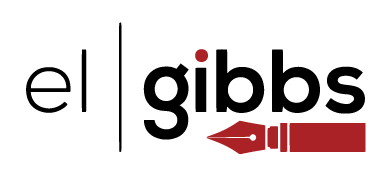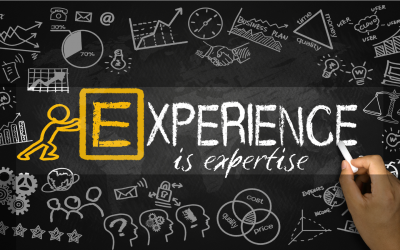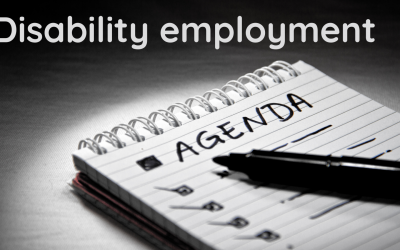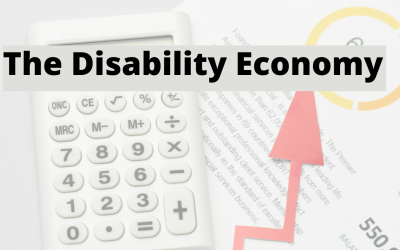[This was my Patreon article from last Sunday, and is just as relevant today. Sign the petition to get action on vaccines for disabled people.]
I’m angry and sad today, so this post has more swears than usual.
Disabled people and disability workers in a group home in Western Sydney have tested positive for COVID, and a (likely) day program in Belmore is listed as a contact. Exactly what disabled people and disability organisations have warned about for over a year now.
And yet, vaccine delivery for disabled people and disability workers remains incredibly slow, with as few as 30% of people who live in group homes fully protected, and the Health Minister dares to suggest that we aren’t keen to be safe.. So much for people in the first phase of the vaccine rollout being fully vaccinated by Easter.
Disabled people aren’t seen as equal, aren’t considered to have an equal stake in survival. We aren’t seen as worthy of the attention needed to complete the vaccine rollout for us. Why? Is it about the narrow understanding of public services for disabled people as being solely about our individualised supports, rather than seeing us as being fully part of our social fabric?
This week, there’s been some welcome discussion about what’s known as Tier 2 of the NDIS, from Minister Reynolds and John Walsh. Individualised funding packages, or Tier 3, were always meant to be one part of the reform to disability support. These packages give disabled people the essential support they need, but there was also meant to be a role for the NDIS in making sure that all other disabled people could get better access to mainstream services, drive inclusion across other parts of government service delivery, and generally make life less shit for us.
The original design of the NDIS had three Tiers. The Productivity Commission said that Tier 1 would look at:
- promoting opportunities for people with a disability
- creating awareness by the general community of the issues that affect people with a disability, and the advantages of inclusion
- drawing on its data and research capabilities to engage with other agencies to improve public health and safety.
Tier 2 would mean that “Anyone with, or affected by, a disability could approach the scheme for information and referral services (as distinct from funded support)”. The Productivity Commission also said that “all governments would continue to support a range of community and carer support services, including some existing or modified Home and Community Care services, for people with lower level or shorter-term disabilities.”
**sigh**
This vision for the NDIS is a long way from the increasingly narrow role that the NDIA sees for itself, and for disabled people. The NDIA publishes extensive guidelines about what it won’t fund, while talking about us solely as participants, rather than people. All of this reduces disabled people solely to the supports we need to function, rather than understanding us as equal citizens with specific needs to be included in public responses to emergencies.
At the same time, all other levels of government, and other federal government departments and agencies, folded their disability everything into the NDIS, which meant everything outside the Scheme disappeared into a puff of thinly disguised cuts.
So when the pandemic came along, the NDIA saw no role for itself in figuring out how disabled people were going to survive COVID, and no other part of any government thought they had any role either. We were fucked.
And now we are back to the vaccine rollout that has left disabled people living in group homes unprotected, while disabled people in the community, and their families, do battle with an entire vaccine delivery system that refuses to include us.
The NDIA says the vaccine rollout is the responsibility of health departments. Health departments say the vaccine rollout is the responsibility of disability providers. Disability providers say the vaccine rollout is the responsibility of disabled people and families, while also trying hard to actually get vaccines to disabled people. All while weeks and months go past, and the majority of disabled people aren’t fully vaccinated.
Last year, a myriad of disabled people, families and organisations slogged to get the needs of disabled people on anyone’s radar. As I wrote about for Croakey last year, the Disability Royal Commission hearing on COVID showed so clearly that we just didn’t matter to anyone in health departments, and that huge amounts of work had been done just to get them to even notice that we exist.
And now it looks very much like this work has been forgotten and ignored, and exhausted disabled people and their families will have to fight all over again for access to COVID vaccines, and the supports we need to manage lockdowns.
Imagine if the NDIS had spent the last year figuring out what they could do to get the COVID response right for disabled people, and working with other government departments and agencies to make sure that the vaccine rollout happened quickly and easily, instead of fighting with us over cooked ideas to cut the NDIS. Just fucking imagine.





